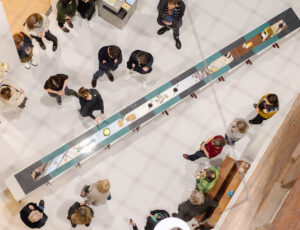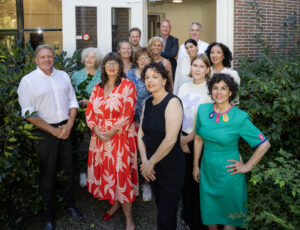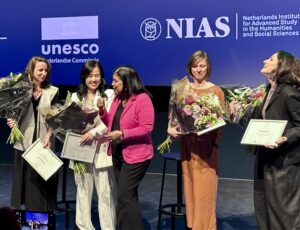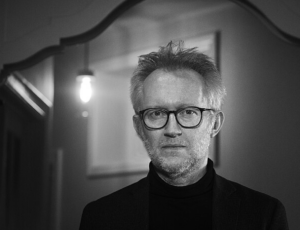NIAS, L’Oréal and UNESCO invite talented young women scientists to apply for a For Women in Science Felllowship. Each year, two fellowships of € 25.000 are made available to women in the life sciences. The call for applications for the academic year 2014/15 opens on 8 March, International Women’s Day.
Even though women increasingly attain the highest academic levels, they are still under-represented at the top levels of scientific research. With the Dutch Fellowship For Women in Science, L’Oréal, UNESCO, het Landelijk Netwerk Vrouwelijke Hoogleraren and NIAS commit to promoting the scientific careers of outstanding women scientists.
For Women in Dutch Science
The Dutch L’Oréal-UNESCO For Women in Science Fellowship is designed to select deserving, committed and talented young women scientists, active in the field of life sciences. Each year, up to two women scientists at the post-doctoral (Vidi) level will be awarded a residential fellowship at NIAS for 3 or 5 months, during which they may carry out their scientific research in the midst of an international and interdisciplinary academic community.
Application requirements
Candidates for the fellowship must already be engaged in pursuing research at the post-doctoral level (up to ten years after their Ph.D.) in one or allied fields of life sciences including biology, biochemistry, biotechnology, agriculture, medicine, pharmacy and physiology. The applicant should be affiliated with a Dutch university or Research Institute. The deadline for applications for the Research Year 2014/2015 is 8 May 2013. More information about requirements and the application procedure can be found here.
The world needs science, science needs women
This Dutch fellowship is part of the international L’Oréal-UNESCO “For Women in Science” Programme. Since 1998, when the programme was launched, more than 1300 women from 106 countries around the world have been awarded with a fellowship or prize.
Laureates
The very first Dutch L’Oréal-UNESCO For Women in Science Fellowship was awarded in 2012 to health scientist Judith Rietjens (34, Erasmus University Rotterdam), because of her outstanding interdisciplinary research of the use of palliative sedation (a treatment that entails the use of sedating drugs to relieve unbearable suffering for patients approaching death). The fellowship allows Rietjens to create a theoretical framework that will be able to explain the differences in the use of palliative sedation in diverse countries. She will work on this project at NIAS in the academic year 2013/14.



